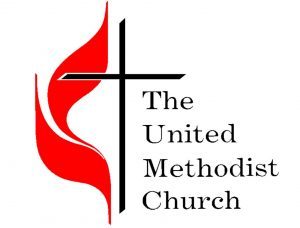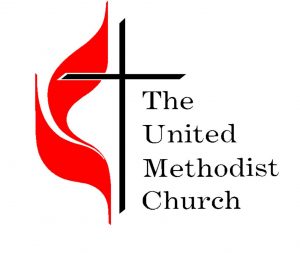
The Christian calendar is a creative way to tell the story of Jesus, from the anticipation of his birth to the outpouring of his Spirit upon the Church. Nearly half of the calendar is Ordinary Time (or “Kingdom Time”) when we continue to follow Jesus during ordinary days.
Let’s start at the beginning…
Advent
Advent is marked by a joyful spirit of anticipation, preparation, and longing. The word Advent means coming or arrival. The focus of the entire season is preparing for the celebration of the birth of Jesus the Christ in his first Advent, and the anticipation of the return of Christ the King in his second Advent. We mark Advent by the four Sundays before Christmas to remind ourselves that Christmas is not just about buying and exchanging Christmas presents, but about celebrating the moment in time when God came to us as a baby wrapped in swaddling clothes, a moment we call the Incarnation. Advent is how we prepare for Christmas.
Christmas
On the Christian calendar, Christmas is a twelve-day celebration beginning on December 25. If you are familiar with the Christmas Carol “The Twelve Days of Christmas,” then you are aware of this tradition. We celebrate Christmas by giving gifts to friends and families (and sometimes strangers!) in reflection of the ultimate gift God gave us…Jesus! We begin the Christmas celebration on Christmas Eve with a candlelight service in the Sanctuary.
Epiphany
We start the season of Epiphany on January 6. We remember a number of important events in the life of Jesus during this season. We remember the visit of the wise men who came to worship Jesus. This visit was a sign that Jesus would not just be the King of the Jewish people, but of the entire world. We also remember the baptism of Jesus and his first miracle, turning water to wine. Epiphany is about God’s act of revealing himself to the non-Jewish world.
Lent
Lent is a 40-day season when we revisit, retell, and re-enter the story of Jesus’ journey to Jerusalem, leading to his suffering and death. Lent is a time to reflect on our own lives, remember the life of Jesus, and repent of those things in our lives that do not look like Jesus. During the forty days of Lent we are intentional about identifying with the sufferings of Jesus in preparation for the celebration of the resurrection of Jesus on Easter Sunday. Lent includes a voluntary giving up of certain things and/or fasting. There are a number of important days in the season of Lent.
Ash Wednesday is the start of Lent. We hold multiple worship services in the Upper Room on Ash Wednesday where we sing, pray, repent, and have ashes applied to our forehead as a sign of humility and repentance.
Palm Sunday is the Sunday before Easter where we remember Jesus’ entrance into Jerusalem before his death. We join the crowds on that day in celebrating that the king has come, but we also weep with Jesus knowing his death is coming soon.
Holy Week is the week leading up to Easter. We have prayer services every day in the Upper Room during Holy Week to remember what Jesus was doing before his crucifixion.
Maundy Thursday is the Thursday of Holy Week where we remember Jesus’ last supper with his disciples. At this meal Jesus gives us the sacrament of holy communion. It is also during this meal that Jesus give us the mandate (which is why we call it “maundy”) to love one another.
Good Friday is the Friday of Holy Week where we remember the crucifixion of Jesus. It is at the cross where we most clearly see the co-suffering, self-giving love of God.
Holy Saturday is the Saturday of Holy Week where we remember the death of Jesus. He died a real human death and lay life-less in the tomb all day on Saturday.
Easter
Easter Sunday is the ultimate day of Christian celebration. In one sense, every Sunday is a celebration of the resurrection. But after we have spent 40 days of reflecting on the suffering of Jesus, Easter Sunday is a celebration like no other! We celebrate the resurrection of Jesus and his triumph of sin, death, and evil. Easter is also a 50-day celebration, so after the season of Lent, we enter into the season of Easter where we practice resurrection in all we do.
Ascension Day
The Ascension commemorates Jesus’ ascension to the right hand of Father forty days after his resurrection. The ascension is not about Jesus going off to heaven, but about Jesus’ promotion to a position of authority over heaven and earth. While Ascension Day is celebrated on the 6th Thursday of Easter, it is often recognized on the following Sunday.
Pentecost Sunday
The close of the Easter season is marked by Pentecost Sunday where we remember the Holy Spirit who is the spirit of Jesus. The Holy Spirit was poured out upon the church so that we could be fully empowered as the body of Christ on the earth.
Ordinary Time
Pentecost Sunday is also a part of ordinary time where we continue to follow Jesus in our ordinary lives.


